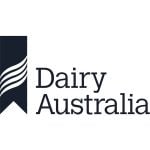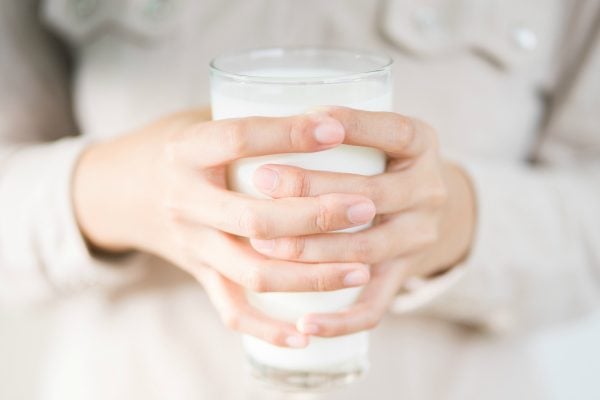

When it comes to the question of whether dairy should be a part of a healthy diet, there is a lot of confusion out there at the moment.
Is dairy really bad for you? Does it make you put on weight? Are humans really meant to eat it?
These are just some of the health and nutrition questions we put to a dietitian to help us get to the bottom of all things dairy.
Are humans meant to drink cow’s milk?
One question many people have about dairy consumption is whether humans are actually meant to consume products containing the milk of another animal.
But Margaret Rozman from Nutrition Australia says that dairy has been consumed for thousands of years in much part because of the nutritional benefits that became known.
“As humans advanced they recognised the benefits of dairy consumption; and so the practice of dairy farming evolved,” she told Mamamia.
She further explained that lactose intolerance is not the result of a fundamental rejection of dairy by the body, stating that babies produce the lactase enzyme which allows them to digest the lactose in their mother’s breast milk.
“People go on to retain the ability to digest lactose into adulthood—though to varying degrees,” she adds. “In populations where milk consumption has been historically low, such as Japan and China, most children will have stopped producing lactase soon after weaning, meaning they are unable to absorb the lactose in milk – this is called ‘lactose intolerance’.”
Rozman further explains that in populations where milk consumption has always been high, such as Europe, most adults continue to produce lactase – allowing them to digest dairy products comfortably, and for an important reason.


